I think the actual telling point of the article is that the
whole world has changed, due to digital technology in general. I have no idea what the price of a stamp might be now—and I have no reason to know. I have not mailed a letter in years. My home phone is primarily for telephone solicitors to interrupt me at my expense. At this very moment, I am communicating with fellow photographers in far flung nations, through an on-line forum.
I have lived a number of places, made great friends and lost track of them after moving. I was never a great letter-writer, and many of them were even less so. Addresses kept in physical address books became out-dated and people were forever lost—until Facebook. The gal I phased out over half a century ago—when I met the woman who was to become my wife—found me. She has become a successful artist and we have become fans of each other—and each other's work—all over again. I directed a renaissance festival in the mid-1980s, with a cast of 212 people—most were lost over the years. One of them started a page for alumni and now I am back in touch with most. Many have written directly, saying how significantly the experience changed their lives. Everywhere I have been, now I have contact with dear people again, and my life is much enriched.
When I make music, I play on a wind-controller that drives an acoustic modeling synthesizer that not only creates the sound of the instrument I chose, but its playing characteristics and how it responds to my mood. I play acoustic instruments as well, but none are as sensitive, responsive and expressive as this. I use software to drive a general-purpose synthesizer as well, playing band or orchestral arrangements that I create to back me up as I play. If I still love a song, but have grown bored with my arrangement, I change it. The resulting performance is totally my own. If it sucks, I can not blame a bunch of stoners-with-instruments.
Just over a decade ago, I and a friend spent a few weeks ambling up the coast of the Pacific Northwest in the US, as I did my last major film shoot. Upon returning, I had the film processed immediately. However, when trying to file it, many of the shot-locations had already been forgotten. I was shooting with a three medium-format rangefinder cameras to avoid lens changing, so place in the sequence was of limited utility.
A bit over a year ago, I went along with an expedition to the Canadian prairies, searching for ammonite fossils. Native guides lead us over dirt roads and across open prairie for hours, and I had no idea where we were by the time we reached the site. A few days back, I was accessing the shoot for some Facebook cover shots via ACDSee Pro, and clicked on the map function. I was amazed to find just how remote the site was. It would be very difficult to find any spot south of here so distant from any village or settlement. The GPS attachment on the camera was reading our location from distant satellites and recording into the EXIF data as I shot.
And about EXIF data—I recall people who carried notebooks when out shooting, meticulously inscribing f-stops, shutter speeds, lighting conditions and so on as they missed shot after shot in favor of the drudgery of clerical work. A while back, I decided to add an
"Available Darkness" gallery to my web-site. Again using ACDSee Pro, I asked it to find everything I had shot at ISO6400 or above since getting the D700. No point in searching earlier work. Seconds later, I was able to begin my selection process—it had searched thousands of exposures and found just the ones I wanted. Had I wanted to share these images decade or so ago, I would have spent weeks in the fume-room, and only been able to share with a very few people. Shows in art-galleries have always been a rare privilege, and even then would only reach a number of local people. Now I can share the shots with the world simply by adding
Available Darkness Photography with the Nikon D700 Camera
which I typed once, long ago. The URL is not even on my machine. I have the whole list of my web-site addresses in a Google Document which is stored in the "cloud". It automatically opens in my browser when I restart my machine and I can access it from anywhere on earth.
Everything has changed in the past decade, perhaps more than in the preceding century. I have no feeling of nostalgia. The digital revolution has greatly empowered me not only to make art, but to share it with the world. The "Good Old Days" are the ones I am living at this very moment.
In art, there has always been dreck. People hear a rapper, and wish it were still the time of Mozart. Purely an illusion. There has always been ephemeral pop art that was consumed and forgotten the moment the style changed—as will this music. Furthermore, great art generally has a difficulty finding its constituency in its own time. Now, the difficulty is no less, but the potential audience is vastly larger and more accessible.

